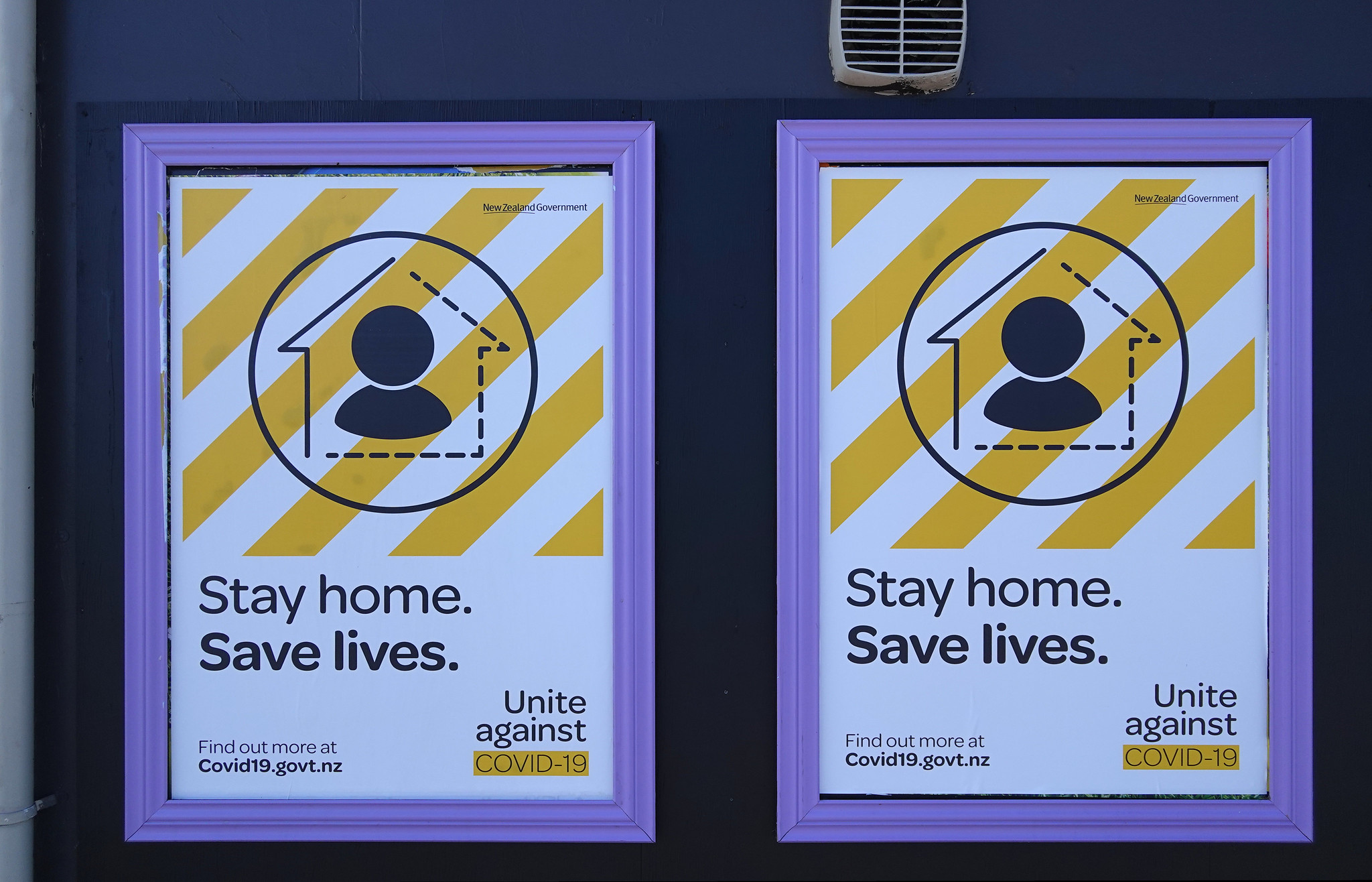News release
From:
7 September 2021
Here are two technical reports in which we consider the epidemic course for the August 2021 cluster, detected on 17 August in Auckland, following the shift to Alert Level 4 restrictions in New Zealand, using a stochastic branching process model.
On 17 August 2021 a case of COVID-19 was identified in Auckland, ending an extended period with no community transmission of SARS-CoV-2 in Aotearoa New Zealand. This was subsequently confirmed to be the Delta variant of SARS-CoV-2. In response, the government moved the entire country to Alert Level 4 – the most stringent form of restrictions. It was uncertain at the time how large the outbreak could be, how far it had spread and how effective the response would be in controlling the outbreak.
The purpose of these technical reports is to describe the mathematical modelling that was used in the days following detection of the outbreak to provide situational awareness and inform the government’s high-level outbreak response. We present initial estimates for the number of people infected at the time the outbreak was first detected and outline plausible scenarios for the outbreak dynamics in the following weeks. We also describe a method for assessing the risk of hidden outbreaks in parts of New Zealand with no detected cases, based on community testing rates and the results of wastewater testing.



 New Zealand
New Zealand



